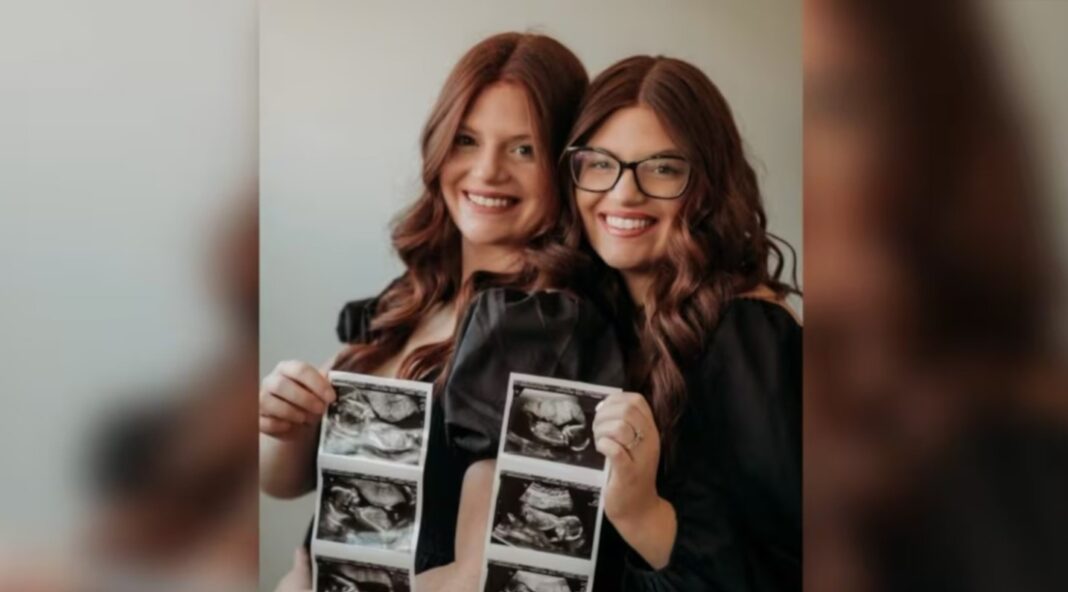Under the UK’s Equality Act (2010), pregnancy is a protected characteristic. Yet, employees who experience early pregnancy endings—including miscarriages, ectopic and molar pregnancies, and abortions before 24 weeks—are not entitled to pregnancy-specific leave. Despite the prevalence of these experiences, most workplaces lack the awareness, policies, and support systems needed to respond compassionately and effectively.
This report explores how individuals navigate early pregnancy endings in professional environments and how organisations—especially line managers and HR professionals—can provide better support. Drawing on qualitative interviews (2020–21), survey data (2022), and reflections from knowledge exchange events, four key challenges emerged:

- Lack of awareness: There is limited public understanding of early pregnancy endings, compounded by societal stigma, workplace silence, and inadequate legal protection.
- Fear of disclosure: Employees often hesitate to inform managers or HR due to fears of stigma, lack of confidentiality, or negative career impacts.
- Inconsistent support: Reactions from colleagues and managers vary widely, as does the availability and quality of workplace support.
- Unclear leave entitlements: Given the diversity of early pregnancy experiences, existing leave categories often fail to reflect employees’ emotional and physical needs.
Kids Under-5 in India Spend 2.2 Hours Daily on Screens, Double the Safe Limit
This study brings together academics from the Open University, Brunel University, the University of Plymouth, and the University of Essex to enhance organisational support for women experiencing miscarriage or termination. The aim is to offer evidence-based guidance for HR professionals and line managers, along with resources for affected individuals. Drawing on interviews and survey data, the study proposes ten best practice principles to better support employees through early pregnancy endings more effectively, as follows:
- Raise awareness: Provide training and disseminate information to challenge stigma and build understanding across all levels of the organisation.
- Offer holistic support: Address physical, emotional, and psychological well-being through personalised assistance based on active listening.
- Develop evidence-based policies: Create flexible, inclusive procedures that include clear signposting, referrals, workload reviews, and flexible working for affected employees and their partners.
- Avoid one-size-fits-all solutions: Support for employees affected by early pregnancy endings needs to be personalised in recognition that a one-size-fits-all approach for such experiences is inappropriate.
- Train line managers and HR: Compensate for legislative gaps by ensuring staff are trained to respond empathetically and professionally.
- Protect confidentiality: Ensure disclosures are handled with sensitivity and privacy.
- Use inclusive language: Avoid assumptions and respect individual preferences in describing their experiences of early pregnancy endings.
- Ensure consistency: Apply formal policies to promote fair treatment across all types of early pregnancy endings.
- Acknowledge all experiences: Include all forms of early pregnancy endings, including abortion and recurrent loss, and all those affected by them in policy and support frameworks.
- Recognise broader impacts: Understand the legal, human, and economic implications of providing support, including its effect on employee productivity and retention.
Workplace responses to women’s reproductive health (e.g. menstruation, endometriosis, menopause, infertility, pregnancy and so on) are gaining increasing attention in academic research, policymaking, and among third-sector organisations. Yet, early pregnancy endings remain under-addressed. These experiences are complex, shaped by gestation, personal circumstances, and whether the ending was spontaneous or chosen. Importantly, they may affect not only the individual who was pregnant but also their partners and co-workers.
The term early pregnancy endings encompass all types of pregnancy ending which occur before the 24-week threshold, including miscarriages and recurrent miscarriages, ectopic and molar pregnancies, and abortion/termination. Government reports such as the Women’s Health Strategy for England (2022) and the Pregnancy Loss Review have urged employers to improve workplace support in this area. Such endings are also increasingly recognised as part of broader fertility issues.
To build truly inclusive workplaces, employers must act. Updating HR policies, offering tailored support, and training staff to handle these situations with compassion is not just good practice—it is a necessary step toward equity, dignity, and improved organisational well-being.
Source: The Open University





